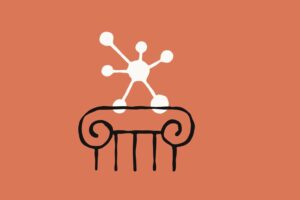Anthropic has introduced a new “on-demand” memory feature for its Claude AI assistant, allowing users to search and reference past conversations. This highly anticipated upgrade is a strategic move to enhance productivity for enterprise users while prioritizing data privacy in a way that differentiates Claude from its competitors, particularly OpenAI’s ChatGPT.
The new feature enables Claude to retrieve information from previous chats when explicitly prompted by the user. Instead of automatically building a persistent user profile, Claude’s memory is user-triggered, providing a precise and transparent way to maintain context. This design choice allows professionals to resume complex projects without having to re-explain background information, making workflows more efficient. For example, a user could ask Claude to summarize a project they were working on before a vacation, and the AI would pull relevant details from past chats to provide a concise recap and suggest next steps.
This privacy-first approach is a core part of Anthropic’s strategy. Ryan Donegan, the company’s consumer communications lead, noted that Claude “will not build a user profile” and only recalls information when directed. This contrasts sharply with OpenAI’s persistent memory system, which continuously learns from conversations to offer more tailored responses. Anthropic’s model is designed to appeal to businesses and users in regulated industries who are concerned about data exposure and compliance with standards like GDPR and HIPAA.
The memory feature is currently rolling out to subscribers on Claude’s Max, Team, and Enterprise plans, and works across web, desktop, and mobile applications. Users can activate the functionality in their settings under a new “Search and reference chats” option. The company has also structured the feature to keep different projects and workspaces separate, helping teams and individuals stay organized.
Industry analysts are watching the development of memory functions closely, seeing them as the new battleground for user retention in the competitive AI market. With this update, Anthropic is aiming to close the feature gap with rivals and solidify its position as an enterprise-focused AI leader by balancing powerful capabilities with a commitment to user control and privacy.
The introduction of the memory feature follows closely on the heels of another major upgrade: the rollout of a million-token context window for Claude. This massive expansion allows the AI to process the equivalent of over 750,000 words in a single request, enabling users to tackle even larger tasks, from analyzing entire codebases to synthesizing multiple research papers. Together, these two enhancements signify Anthropic’s aggressive push to provide a powerful and comprehensive AI platform for enterprise customers.




